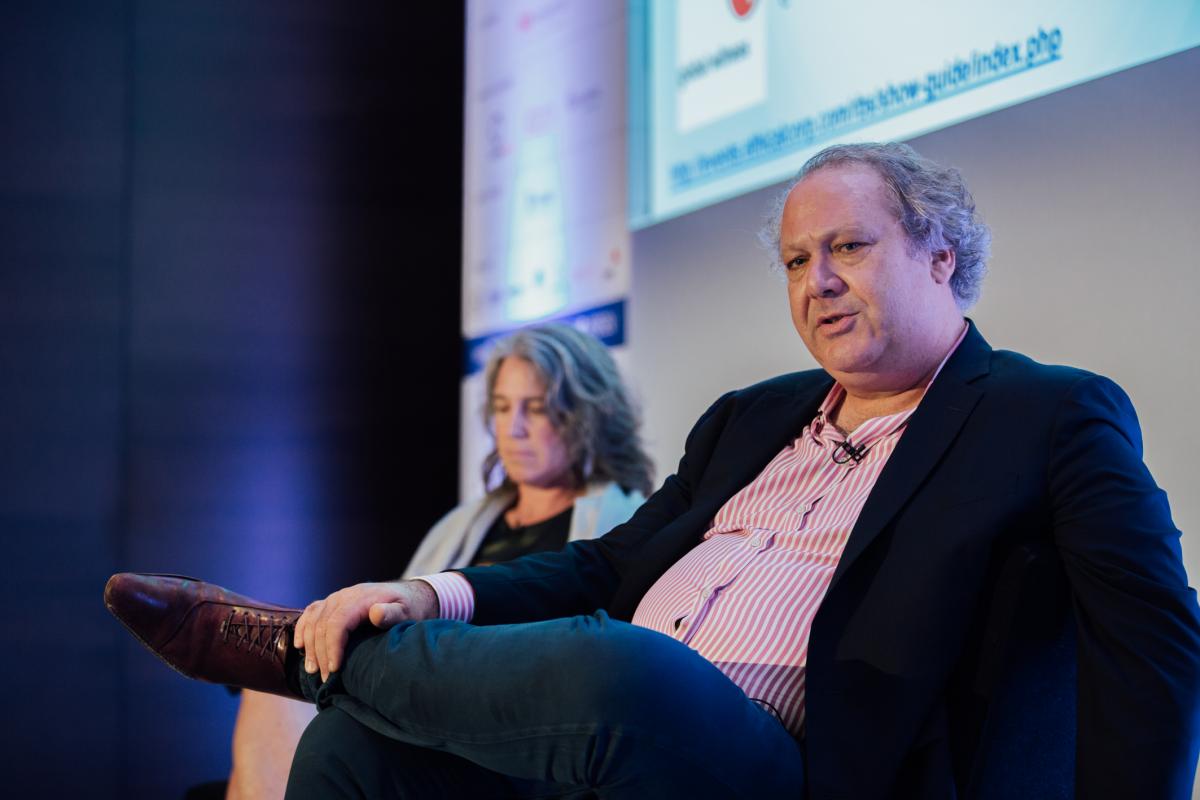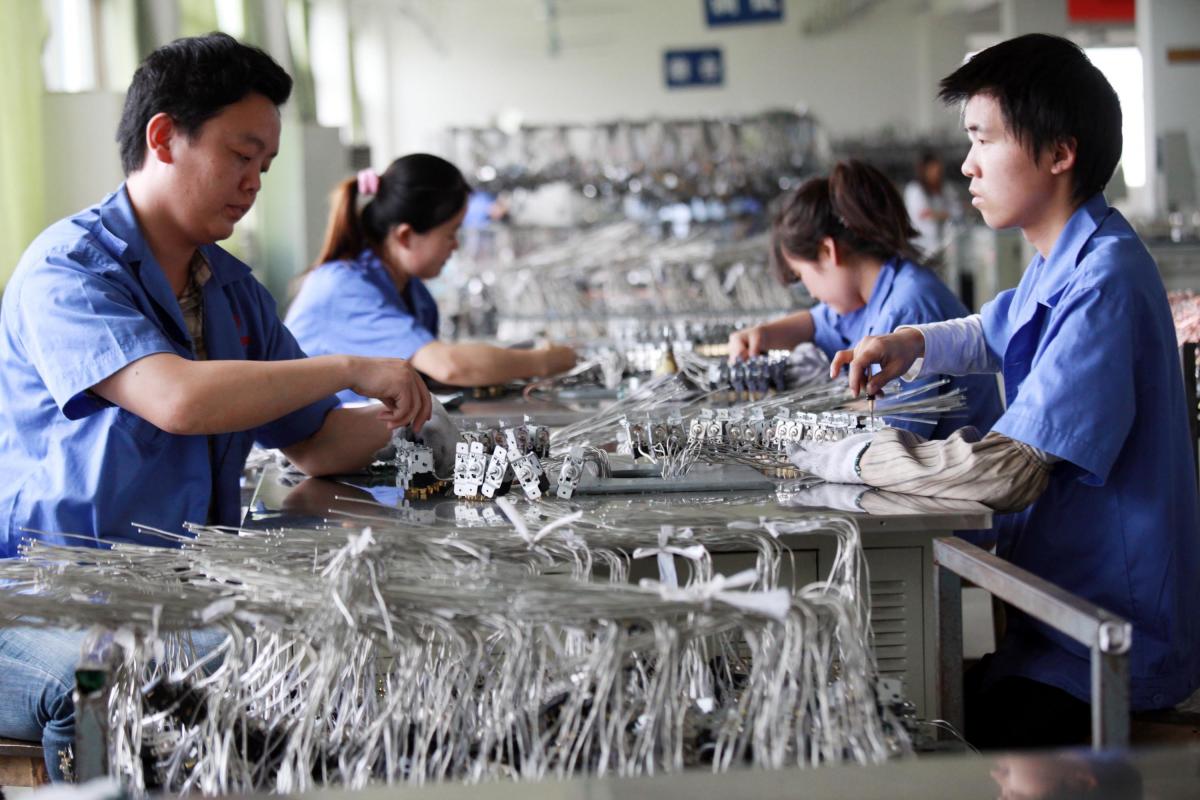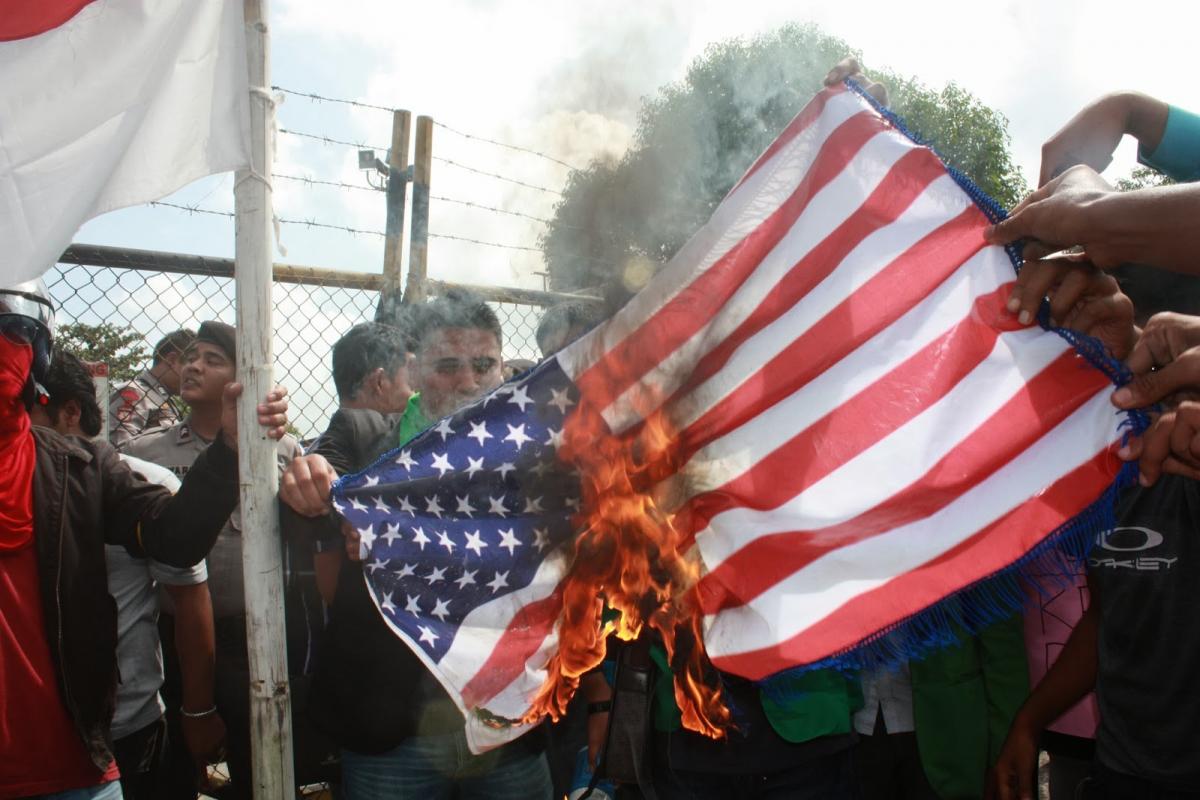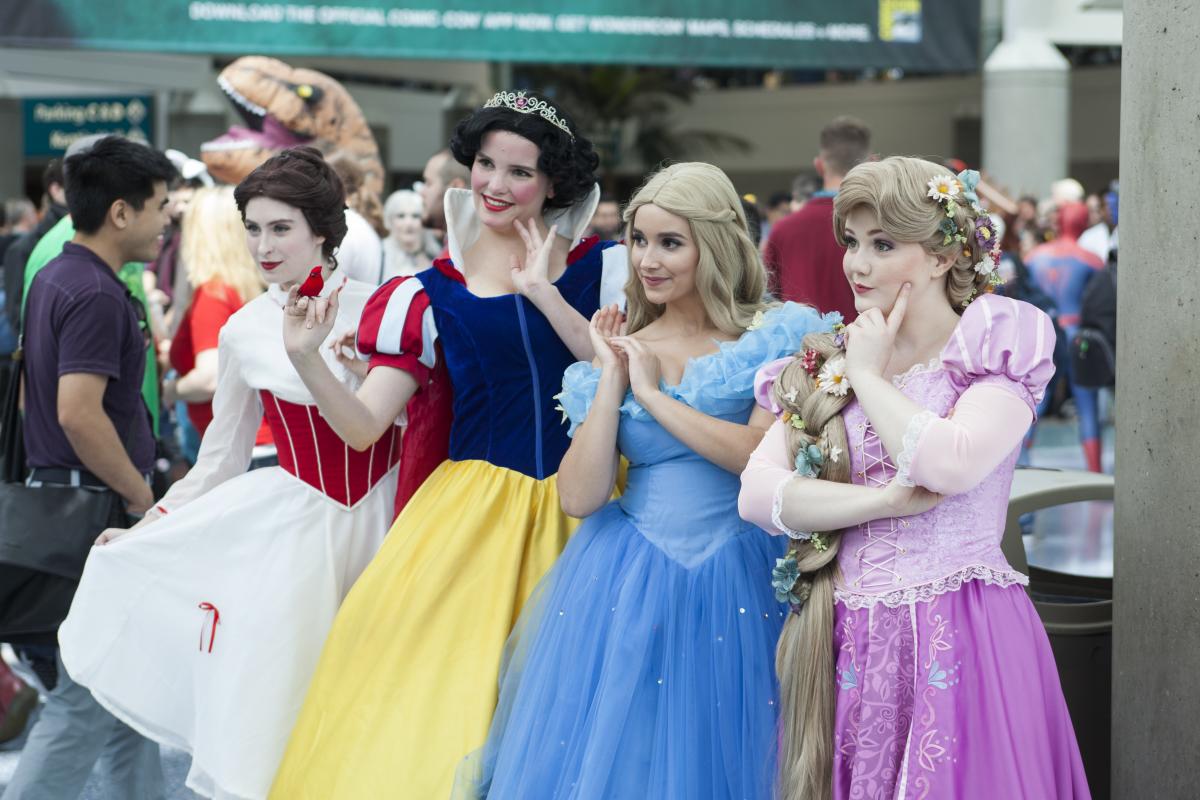Many CEOs are forging ahead with due diligence despite the new president’s determination to roll back key legislation
The pressure for US companies to fill a void on human rights-related issues may be getting stronger, the deeper the world gets into a Donald Trump presidency.
No US company was a top-performer in the new Corporate Human Rights Benchmark, but six, including Kellogg, the cereal conglomerate (see box), Coca-Cola and Nike, fell into the second band.
US companies haven’t traditionally positioned human rights as a focus area for improvement and perhaps this isn’t surprising. As the UK academics Stephanie Khoury and David Whyte explore in their 2017 book Corporate Human Rights Violations: Global prospects for Legal Action, in the last decades corporate rights have tended to outweigh human rights in courts of law.
This is magnified with the election of Donald Trump. In reviewing the US president’s first 100 days in office, Khoury and White say his words, actions, and executive orders show disdain for most human rights issues. Instead he is intensely focused on removal of what he sees as unnecessary regulations on business.
This has direct bearing on how human rights concerns are perceived and handled by a system that is already driven by corporate interests, critics say.
“It’s an administration rife with conflicts of interest and opportunities for corruption,” says Gillian Caldwell, CEO of the NGO Global Witness, based in London. “That creates an environment in which the president and people surrounding him can turn their back on good corporate behaviour.”

Pundits agree Trump’s views imperil US leadership on human rights, and may also dampen companies’ eagerness to improve human rights performance.
But that does not change the fact that human rights issues are showing up on more companies’ materiality indexes. Nor is Trump able to wipe away the reputational risk companies can face if human rights violations are made public.
Cross-pressures
Bennett Freeman, former US deputy assistant secretary for democracy, human rights, and labour, and a frequent speaker on human rights and business, said at Ethical Corporation’s Responsible Business Summit Europe last month that business “will do what’s necessary” to fill the void on climate leadership Trump has created, in part because expectations on companies are intensifying, not diminishing.
The "cross-pressures", as Freeman calls them, lie in the difference between a short-term, nationalistic and isolationist view of the world, embodied by the Trump administration, and a more long-term, globalist and human-rights-respecting view of Brand America.
"I'm not saying that US corporations should pick a fight with the Trump administration," Freeman says. "I am saying that US companies need to take a global view, and it is not in their interest to head down a road of populism, nationalism and isolationism."
He adds: "Companies need open markets, rule of law, respect for human rights and borders that are opening, not closing; more trade and investment, not less; [and] more multicultural attitudes if US companies are to truly thrive."
Shareholders
Freeman’s view jives with what is happening in shareholder activism. Farrell Denby, spokesperson for BlackRock, one of the largest US investment firms with over $5trn in assets, pointed to engagement priorities BlackRock will pursue this year with companies it holds stock in. Governance, especially diversity, climate disclosure, and human capital management (including a commitment to equal opportunity employment and control of supply chain labour standards) are top themes.
BlackRock supported and helped pass a proposal in May 2017 at Occidental Petroleum that called for the oil company to report on the business impacts of climate change; a similar proposal at ExxonMobil’s annual meeting in June pushed Exxon to "assess and disclose" how it will transition to a low-carbon future. This pressure from large institution investors around climate change is directly important to human rights because they lead in many cases to the integration of important frameworks in corporate codes of conduct that help protect key rights — or at least this is what investors and NGOs hope.

Regulation rollbacks
This makes the Trump Administration’s assault on regulations alarming. Currently an attempt to cripple pieces of the Dodd-Frank financial laws through legislation called the Financial Choice Act has both investors and NGOs like Global Witness worried. Section 1504 of Dodd-Frank, which requires extractive companies to report payments to foreign governments, is intended to limit corruption and is important as extractive drilling and mining companies like Exxon-Mobil (which objected to the rule) are implicated in egregious human rights abuses, especially in indigenous communities where they operate with minimal oversight, according to the Business and Human Rights Resource centre. ExxonMobil has for many years dealt with accusations around abuse in the Aceh Province in Indonesia.
Dodd-Frank’s section 1502, which is a due diligence requirement on the use of conflict minerals, is also connected to human rights because of the perpetual violence, war, and exploitation that money from the sale of these minerals has financed in places like the Congo. Unlike with 1504, large corporations, from Apple to Intel, have supported section 1502 remaining in force.

“Regardless of any regulatory changes,” says Intel spokesperson William Moss, “Intel will remain committed to responsible sourcing [of] minerals for all its product lines.”
Dynda Thomas, a partner at the Squire, Patton, Boggs law firm in Cleveland, Ohio, says in a blog post that lower-than-expected costs and the success of the Conflict Free Sourcing Initiative has meant companies have not had to put an untoward amount of human or financial resources into complying with section 1502.
Intel’s Moss added that through Intel’s work with the Electronic Industry Citizenship Coalition a new initiative will “broaden and accelerate” the company’s efforts to combat forced labour. Moss said Intel has returned $3.5m in employment fees back to workers in the last three years.
One other bright spot: in mid-July a group of companies including Dow Chemical and Salesforce endorsed new regulation (called the Corporate Transparency Act) around transparency in corporate ownership information, and they did so to help manage and protect their reputational risk and “safeguard our investments”. Unfortunately, changes to Dodd-Frank rules in the Financial Choice Act would limit investors’ ability to protect their own investments via filing shareholder proposals. Currently anyone with $2,000 in shares held for a year can file a resolution; if Financial Choice passes the Senate in its current form, only investors holding 1% of a company’s shares – in many cases this would mean owning billions of dollars of stock – for three years or more would have that right.
Diligence on diversity
Global Witness’ Caldwell says there are signs on certain human rights issues that companies are taking leadership roles without government rules or prodding, and even against its positions. Caldwell cited President Trump’s attempts to ban immigration from seven Muslim-majority nations and his crackdown on illegal immigrants as an example where companies stepped up to disagree with the ban, citing human rights. (See CEOs in push to restore American Dream)

One other area where some US companies have been human rights’ champions is in gay rights and marriage equality. Travis Kelso Turner, executive director of Executive Pride, an LGBTQ workplace equality organisation, says Disney is a great role model, offering same-sex marriage health benefits since 1995.
“If companies want to be viewed as progressive, they need to put in place a diversity and inclusion policy for LGBTQ employees, administered across all facets of the organisation – which could mean on a national or even global scale,” Turner says.
He acknowledges that the election of Donald Trump is causing concern among LGBTQ employees, but that many companies recognise the long-term value of an equal playing field for all employees.
Human rights horizon
One additional harbinger of Trump’s significance to putting corporate rights over human rights is in the US Supreme Court, where Trump conservative nominee Neil Gorsuch was recently appointed. In summer 2017 the Supreme Court agreed to hear the case of Jesner v Arab Bank PLC. Jesner centres around whether corporations, in this case the Arab Bank, should be able to be sued for human rights abuses.
“Courts are increasingly providing corporations with rights to the detriment of the public interest,” said Amol Mehra, executive director of The International Corporate Accountability Roundtable. “Where corporations are involved in human rights abuses, they must be held accountable.” This appears truer than ever in the uncertain climate for human rights protection that President Trump has thus far created.
This is part of a series of articles on corporate human rights. See also:
New corporate human rights benchmark 'a work in progress'
Kellogg serves up best practice on human rights
How Kemet went conflict-free in DRC
Human rights briefing: Marks & Spencer leads the way

